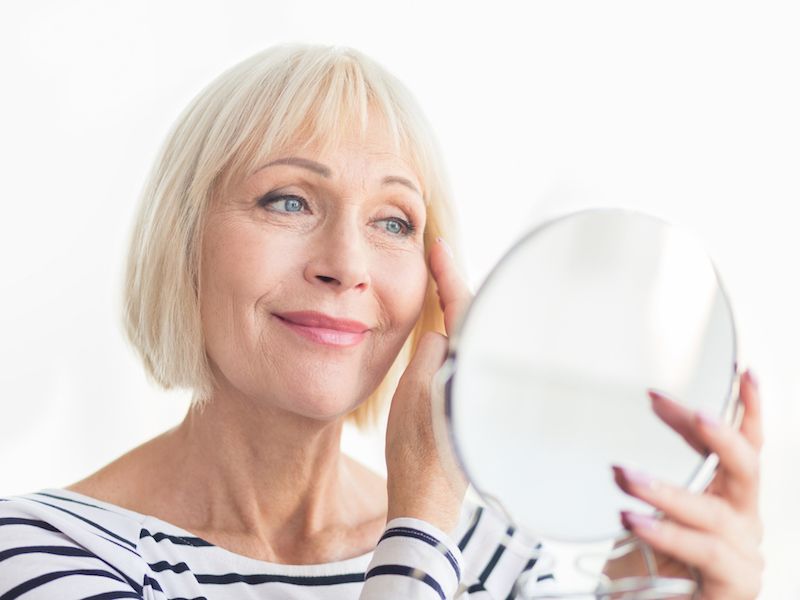
Everybody wants to stay youthful for as long as they can. From gym memberships to Botox to wrinkle cream to special diets, we spend a great number of hours every day doing everything we can to slow the steady march of aging. And yet, even with all that energy (and all that time), the one thing that may actually work, we often avoid: using ear protection.
The majority of people most likely consider hearing loss as inevitable as we age. But it’s not as simple as that. By safeguarding your ears (and treating them with some kindness as you go), you can help avoid damage and keep your hearing in great shape. And as the years go on, strong hearing can have considerable anti-aging advantages.
Aging And Hearing
When we discuss “aging” we don’t usually mean the actual passage of time. Instead, certain mental. emotional, or physical changes are signs that a person is getting older. A great example of this is joint pain. You may relate sore knees, for example, with “growing old”. But it’s not age by itself that leads to the problem (your daily 5-mile run may have something to do with it, also).
The same will also apply to many kinds of hearing loss. There’s an accumulation of damage as you age. And in most cases, it’s the build-up of damage that causes the actual hearing deterioration. And that’s when the problems can begin to grow out of control. A number of other signs of aging have been linked to hearing loss:
- Anxiety and depression have been demonstrated to have a significant connection to hearing loss.
- The onset of mental issues, including dementia, can often be hastened by ignored or undetected hearing loss.
- Untreated hearing loss could cause you to isolate yourself from family or friends.
- In some cases, problems such as insomnia and loss of memory, can be initiated by the cognitive strain of trying to hear. And, in a particularly profound way, that can make you feel like you are getting old.
So How do I Overcome Age-Related Hearing Loss?
When you combat the “signs of aging” in your ears, you’re really placing a focus on preventing damage. And it’s fortunate that we can accomplish that in a number of ways. Here are some things you can do:
- Become more aware. It’s not only the painfully loud sounds that can lead to damage. Moderate sound for longer periods of time can cause injury to your ears, too.
- Steer clear of loud noises as much as you can. If you have to expose yourself to loud noise, wear hearing protection. So make sure you use earplugs when you go see your favorite band.
- If you happen to work in a somewhat noisy setting, wear ear protection. With modern quality ear muffs, loud sounds are eliminated while you can still hear people speaking clearly.
Your ears can be protected by all of these actions. But there’s one more thing you can do to keep your hearing in good shape: make an appointment with us for a hearing exam. Making certain you get hearing examinations with regular frequency can help you catch hearing loss before it’s even recognizable. Even if your hearing is perfectly normal, an exam will still be able to provide a useful baseline to compare against future results.
Wear Hearing Aids to Keep Your Ears Healthy
The world we live in can be loud. Your ability to prevent damage is essential, but you may ultimately notice some hearing loss in spite of your best efforts. If that’s the situation, it’s vital that you get help as quickly as you can. Some of the age related concerns linked to hearing loss can be prevented with a good pair of set aids.
You can perhaps think of hearing aids as a facelift for your ears: something to make your ears to perform a little more youthfully. And that can help keep depression, dementia, and other issues at bay. This analogy only goes so far since a facelift is cosmetic and hearing aids are necessary. You might look younger if you use wrinkle cream. But your best choice, if want to feel younger, is to deal with your hearing loss and safeguard your hearing.










